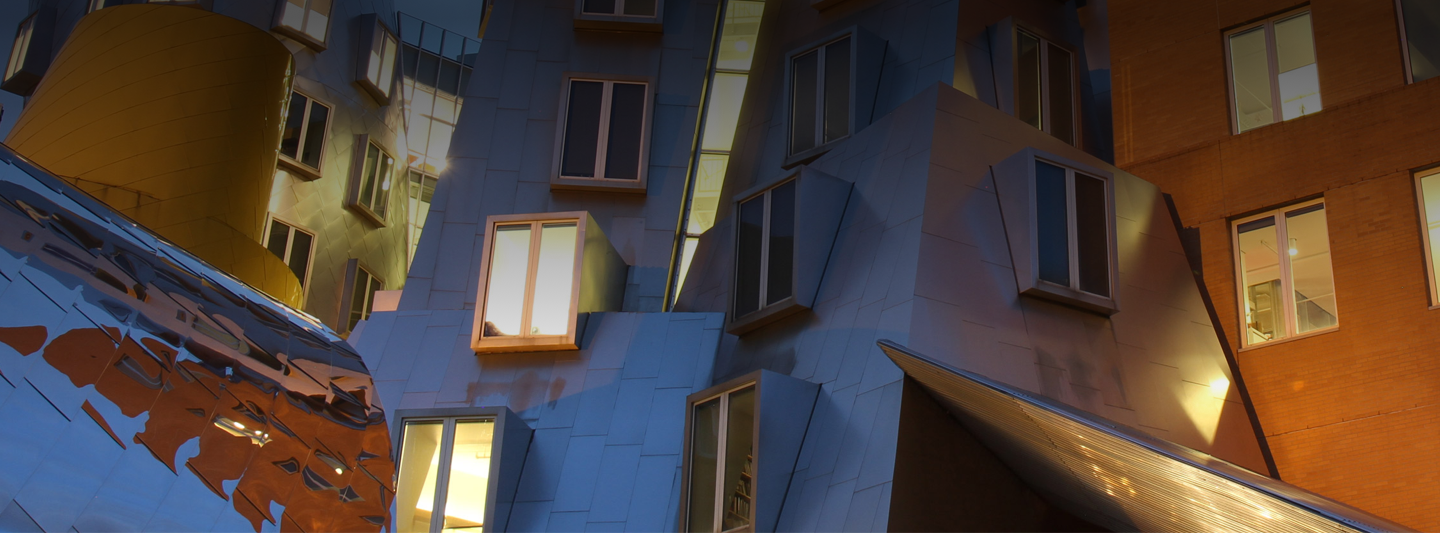
Member Resources
Log in to access member-exclusive content and features. Not a member? Find out more about engaging with us via membership, initiative sponsorship, and other programs..
Latest News & Research
A firm that wants to use a large language model (LLM) to summarize sales reports or triage customer inquiries can choose between hundreds of unique LLMs with dozens of model variations, each with slightly different performance.
Singapore-MIT Alliance for Research and Technology’s (SMART) Mens, Manus & Machina (M3S) interdisciplinary research group, and National University of Singapore (NUS), alongside collaborators from Massachusetts Institute of Technology (MIT) and Nanyang Technological University (NTU Singapore), have developed an AI control system that enables soft robotic arms to learn a wide repertoire of motions and tasks once, then adjust to new scenarios on the fly without needing retraining or sacrificing functionality. This breakthrough brings soft robotics closer to human-like adaptability for real-world applications, such as in assistive robotics, rehabilitation robots, and wearable or medical soft robots, by making them more intelligent, versatile and safe.
To what extent can an artificial system be rational?
MIT researchers have identified significant examples of machine-learning model failure when those models are applied to data other than what they were trained on, raising questions about the need to test whenever a model is deployed in a new setting.
